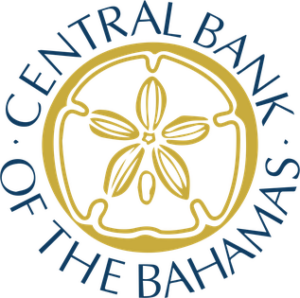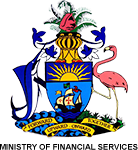 After consultation with the Minister of Finance, the Central Bank of The Bahamas is introducing further reforms, which relax Exchange Control Administration, on certain current (mostly trade-related) and capital (investment-related) transactions.
After consultation with the Minister of Finance, the Central Bank of The Bahamas is introducing further reforms, which relax Exchange Control Administration, on certain current (mostly trade-related) and capital (investment-related) transactions.
The measures take effect on 1st April, 2024, except for those impacting the Investment Currency Market (ICM), which will take effect on 1st June, 2024. This secondary timeline would allow commercial banks to put in place amended reporting templates to track ICM transactions.
The liberalisation measures further increase the delegated limits within which commercial banks can approve foreign currency sales to the public. As such, they further reduce the need for the members of the public to apply to the Central Bank to make foreign currency purchases. Also of note, the reforms further streamline the process that local businesses would have to satisfy to access financing in foreign currency, and reduce the involvement of the Exchange Control approval process in additional categories of residential real estate inflows.
The liberalisation measures are expected to positively impact the ease of doing business, while sustaining the emphasis on external reserves adequacy and safeguarding The Bahamas’ fixed exchange rate regime. In particular, the reporting frameworks used by commercial banks, continue to permit timely, ongoing monitoring of foreign exchange market activities that allows Central Bank to make timely policy changes if necessary. Although the reforms to the ICM would allow individual investors to operate more freely within annual limits, the framework would preserve the 5.0 percent premium on foreign currency purchases, which is a key determinant of usage.
The Central Bank will continue to review Exchange Control administration, and identify areas for reform, as long as the reforms are assessed as being sustainable, given the Bahamian dollar fixed exchange rate regime.
Supporting Document: Relaxation of Exchange Control Administration 2024


